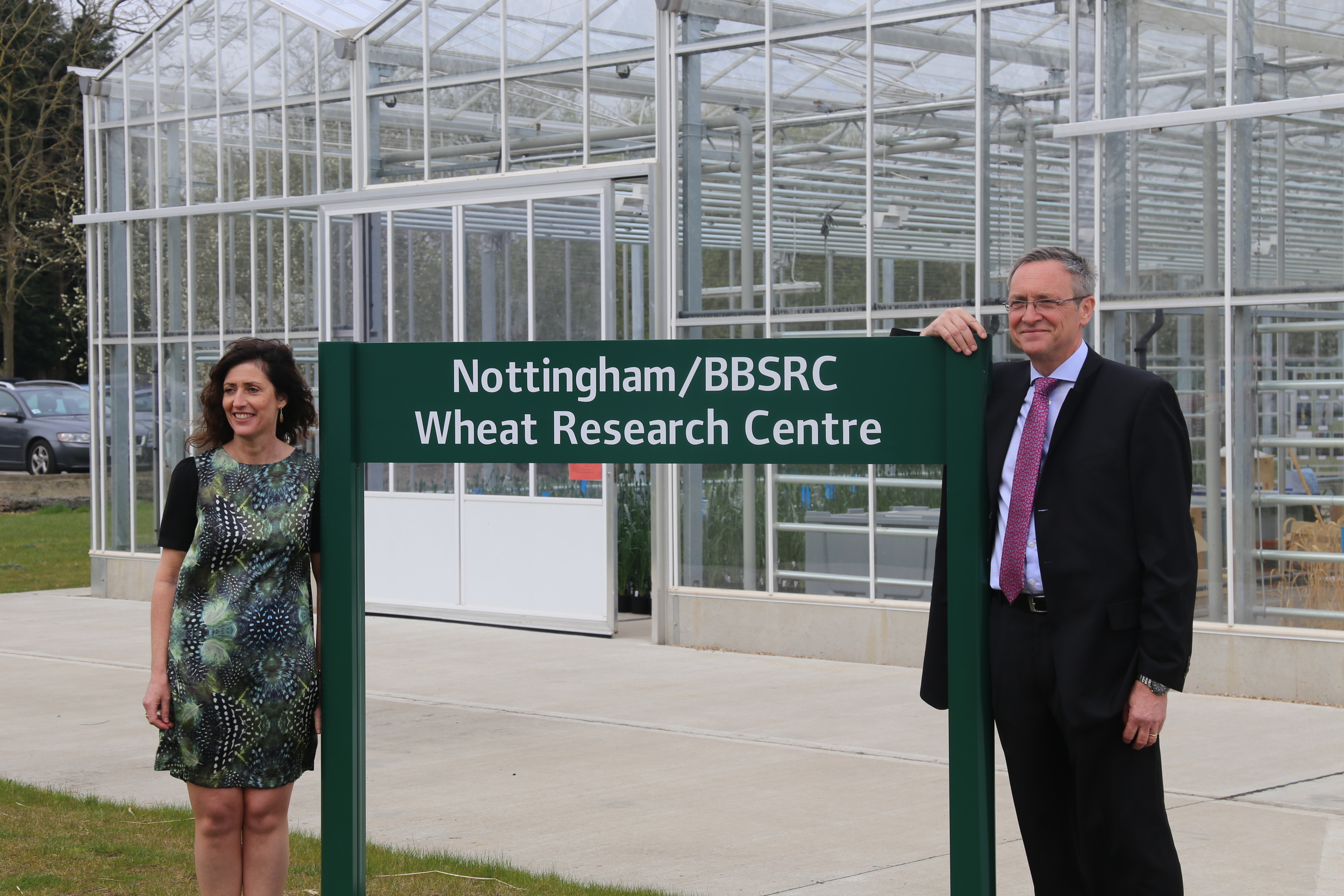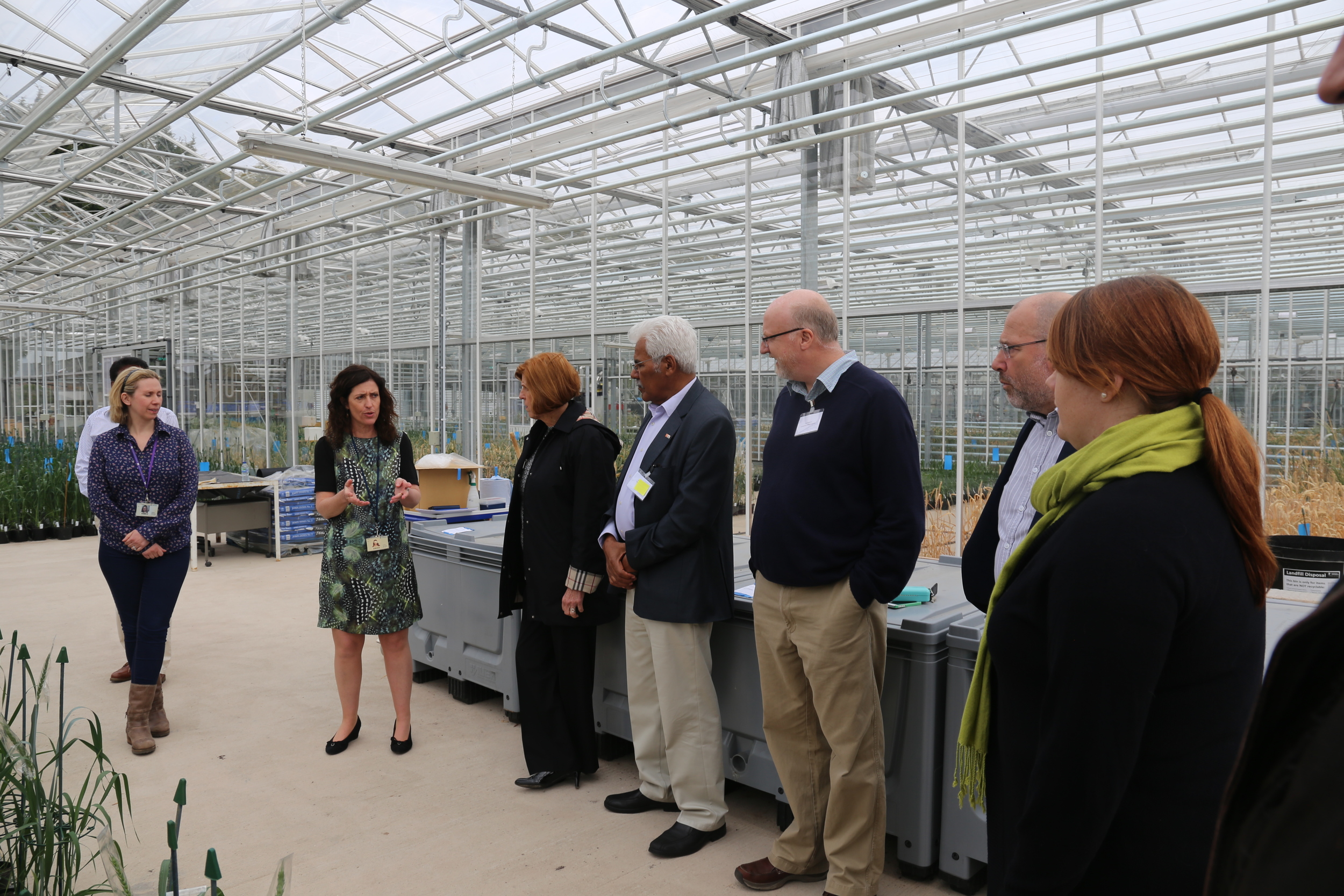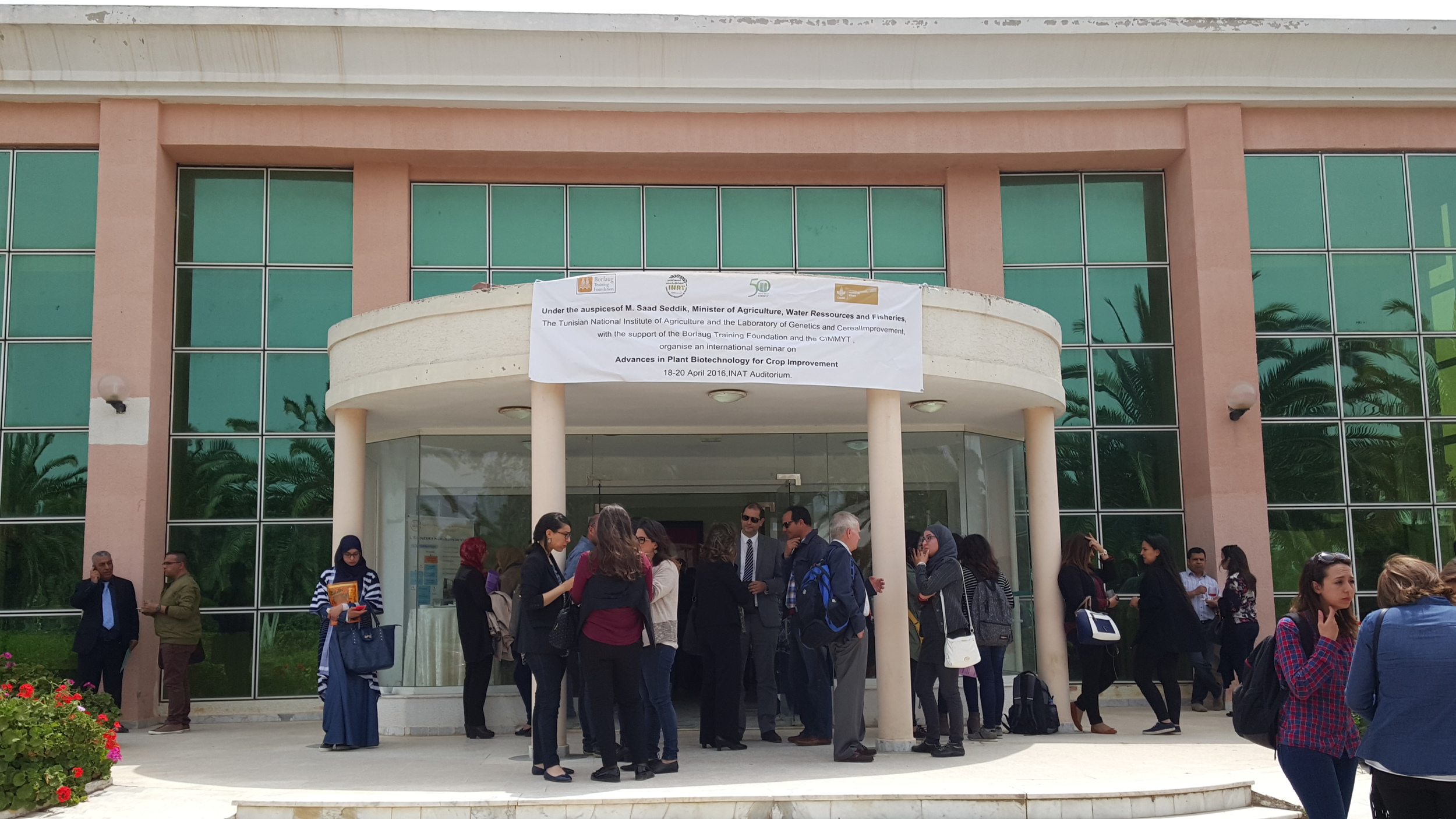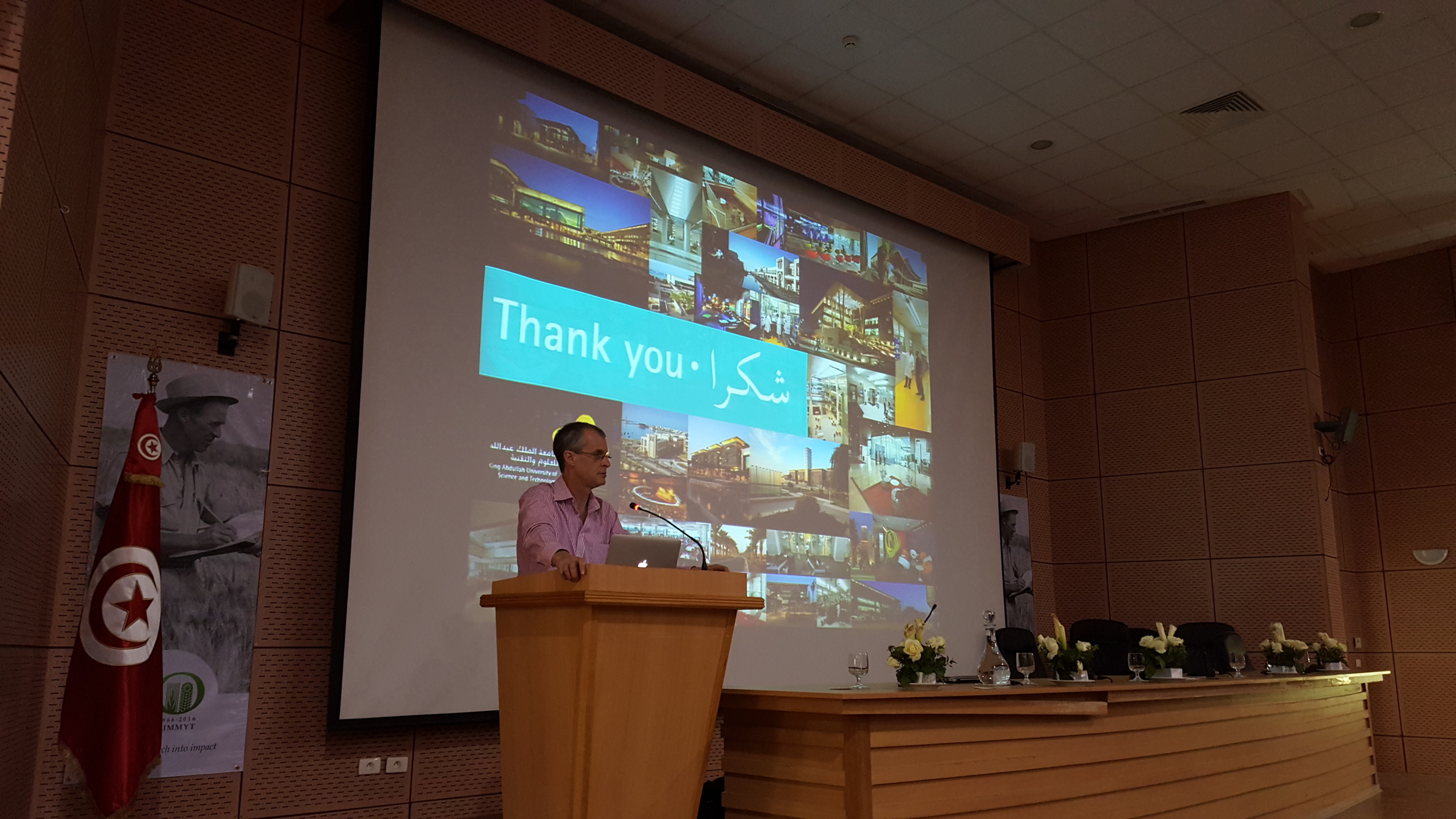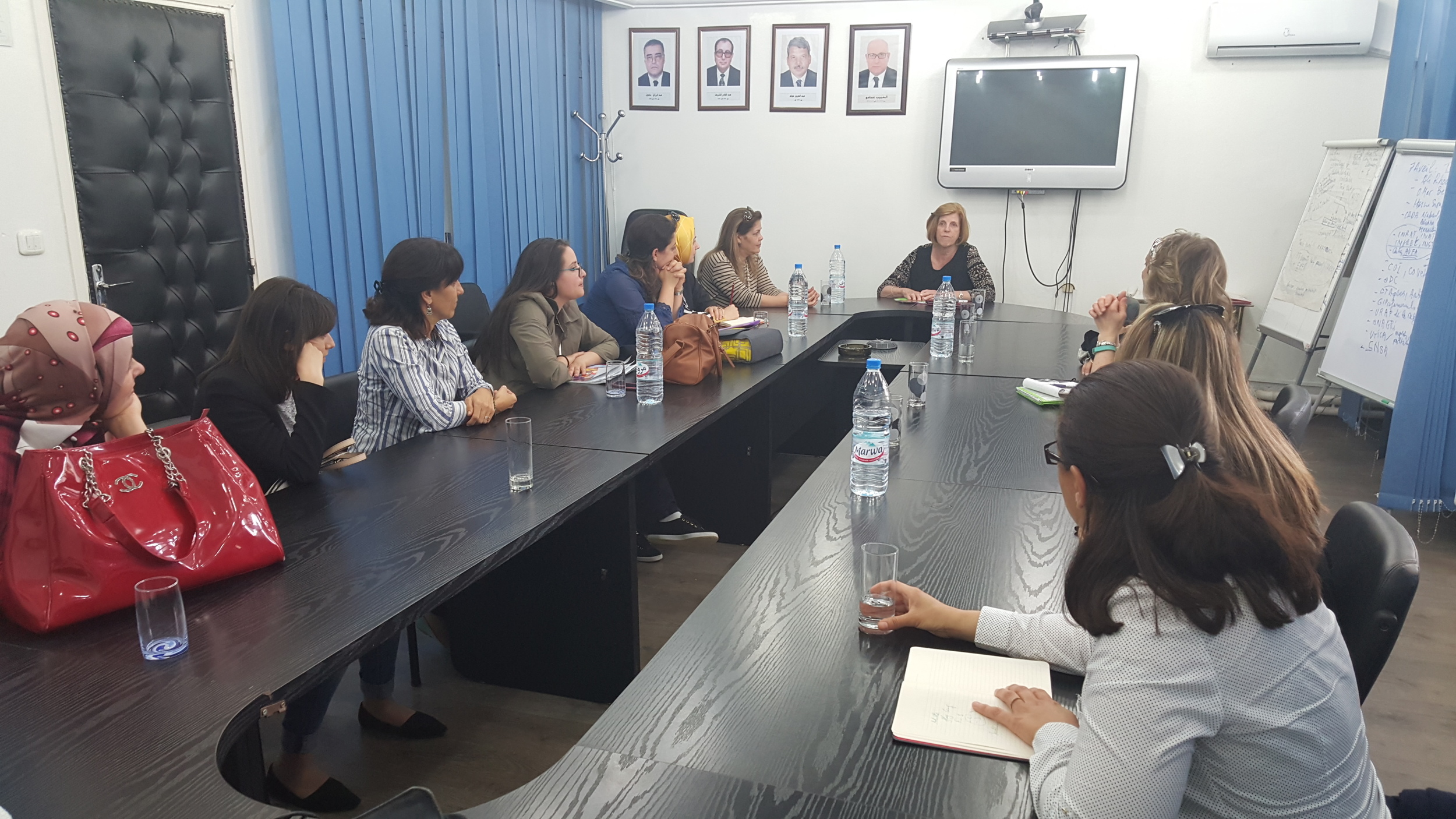Welcome to the BTF blog
April was a big month for the Borlaug Training Foundation. First, Jeanie Borlaug Laube and Dr. Perry Gustafson were invited to the University of Nottingham in the UK to officially open the new Nottingham/BBSRC Wheat Research Center and expansion of the Gustafson Glasshouse.
After the festivities in the UK wrapped up, we were off to Tunisia where we had our first opportunity to support an international workshop titled, "Advances in Plant Biotechnology for Crop Improvement". Mr Saad Seddik, the Minister of Agriculture of Tunisia and Jeanie Borlaug Laube, Vice-President of the Borlaug Training Foundation, opened the workshop.
The workshop was a joint effort between the Borlaug Training Foundation (BTF), the Institut National Agronomique de Tunisie (INAT) and the International Maize and Wheat Improvement Center (CIMMYT). It was a great success. The first two days of the workshop consisted of a series of lectures where speakers discussed topics such as, "Challenges and Prospects of Biotechnology Research" and "Diversity for Resistance to Zymosptoria tritici in local durum wheat germ plasm". On the second day of lectures invited BTF speaker, Dr Mark Tester, presented two lectures. Increasing the rate of genetic gain and assessing the response level of Tunisian durum wheat were just two of the topics presented. Displayed outside the lecture hall were posters of research projects presented by local students; each day after the lectures the students were invited to present their research to the audience.
The third day was Field Day and we went to Béja. There we saw the septoria field trials conducted by INAT, CIMMYT and the International Center for Agricultural Research in Dry Areas (ICARDA).
One of the things Jeanie Borlaug Laube likes to do is to meet with the women attending the workshop or training course to discuss the various challenges they face in the world of agriculture. Women from Tunisia, Turkey, Uruguay, Morocco and the US were in attendance to discuss the problems, challenges and also possible solutions and how the BTF could help.
Throughout the 3 days of the workshops, there were many new connections made, both personal and professional. The feedback we received from students and professors have given us many ideas about future training courses. It was our first workshop in North Africa but most certainly not our last; we are already working on our next trip back.
